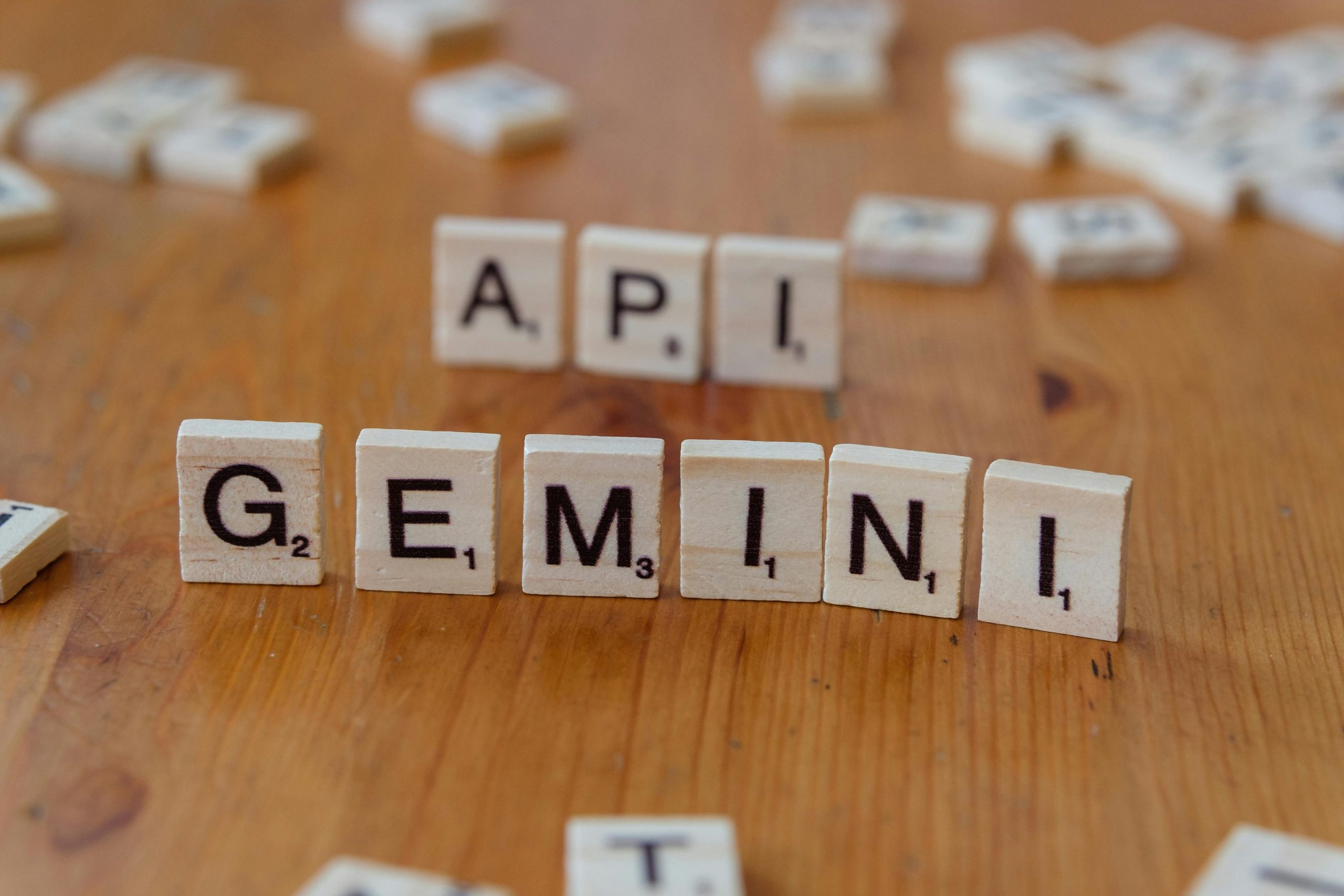ChatGPT paywall will forever prevent it from surpassing Google
Analyzing the Impact of ChatGPT’s Paywall Strategy on Its Future Competitiveness
In recent years, artificial intelligence (AI) language models have revolutionized how we access information and interact with technology. Among these, OpenAI’s ChatGPT quickly gained recognition for its remarkable capabilities, leading many to speculate that it could potentially surpass traditional search engines like Google in terms of information retrieval and user engagement.
However, recent developments have cast doubt on this trajectory. As a long-time power user of ChatGPT, I’ve observed firsthand how recent changes—particularly the introduction of a subscription-based paywall—are reshaping the landscape. My initial enthusiasm for ChatGPT’s potential as a next-generation search tool has been tempered by these strategic shifts.
The Shift from Free Access to a Paywall
Previously, ChatGPT’s accessible and free model contributed significantly to its rapid adoption. Users from diverse backgrounds could leverage its capabilities without financial barriers, fostering widespread usage and community growth. However, the recent introduction of a paywall, especially for advanced versions like GPT-5, has created obstacles for many users. This transition has not only limited accessibility but also altered perceptions about its competitiveness relative to other AI models.
Comparative Models and User Experience
Interestingly, competitors such as Google’s AI initiatives and models like Google Gemini are providing similar or superior functionalities at little to no cost. Yet, OpenAI’s approach of compelling users to pay for enhanced features or newer model access—often with aggressive upgrade prompts—raises questions about user-centric design and long-term sustainability.
Market Position and Future Outlook
The core issue at hand is: what is OpenAI’s strategic objective in implementing such a paywall? When comparable AI models are available free of charge, and some even outperform ChatGPT in specific tasks, the question becomes whether the subscription model will hinder widespread adoption. If the primary goal is to maintain exclusivity and monetize early dominance, it may risk alienating the broader user base that initially propelled its success.
Conclusion
While OpenAI has pioneered impressive AI advancements, its recent paywall strategy presents challenges for retaining its competitive edge. For ChatGPT to truly surpass incumbent giants like Google, it must balance monetization with accessibility, ensuring that its offerings remain appealing to a broad audience. Future success will depend on whether the company can innovate not just in AI capabilities but also in its approach to user engagement and value proposition.
Final Thoughts
As the AI landscape evolves, only time will tell if model access restrictions will














Post Comment